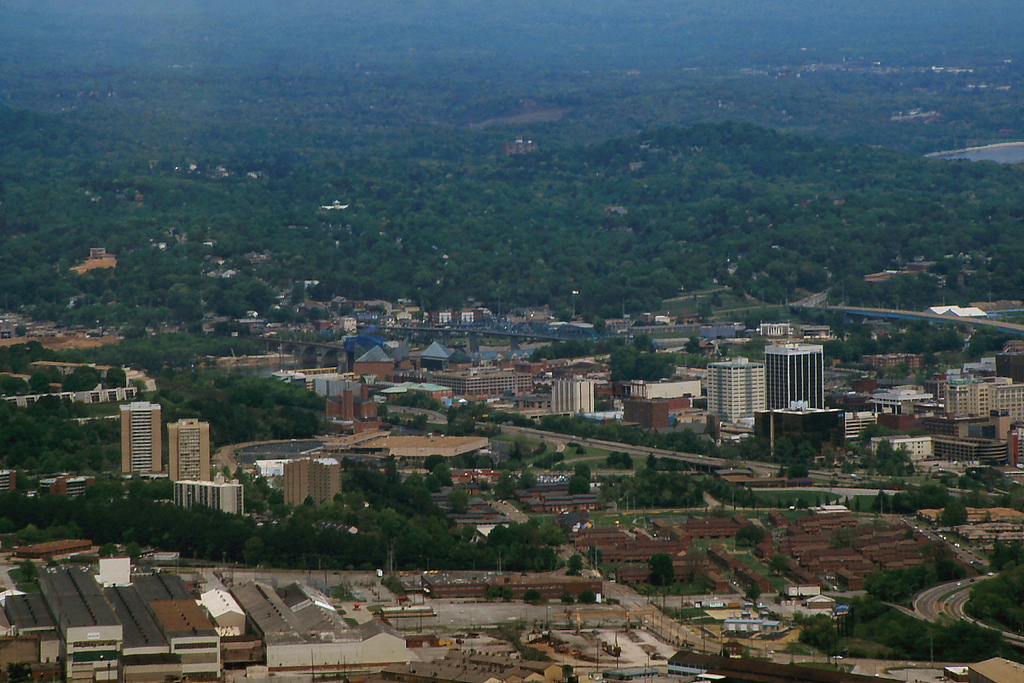The first eight winning cities have been announced for a $42 million, 100-city data-use program.
The competition, called "What Works Cities" and is sponsored by former New York Mayor Michael Bloomberg's foundation, promotes innovation in city government by making the massive amounts of city operations data more publicly accessible to better improve issues like job creation, public health, and blight.
The cities will receive "expert support and peer-to-peer learning opportunities to make government more effective," according to a press release.
The AP reports that the eight cities—Seattle; New Orleans; Louisville, Ky.; Jackson, Miss.; Mesa, Ariz.; Chattanooga, Tenn.; Kansas City, Mo.; and Tulsa, Okla.—will each receive portion of the $42 million.
The press release provided examples of how cities are relying on data and evidence to deliver better results for city residents:
• New Orleans used data to reduce blighted residences by 10,000 and increased the number of homes brought into compliance by 62% in two years. The city’s “BlightStat” program has put New Orleans, once behind in efforts to revitalize abandoned and decaying properties, at the forefront of national efforts.
• New York City focused efforts to reduce air pollution and improved the health of residents after the local government studied and publicly released data showing which areas of the city were most polluted, and which local sources were contributing the most harmful air pollutants.
• Louisville is using data from volunteers who attached GPS trackers to their asthma inhalers to better identify and target the sources of air pollution.
• Kansas City, Mo., achieved a 20% increase in overall satisfaction with the city’s image since 2010, after using data from their annual citizen survey and 311 services to drive decision-making for city departments.
The What Works Cities program is open for cities between 100,000 and one million people, and 110 cities have already applied. More winners will be chosen through 2017.







